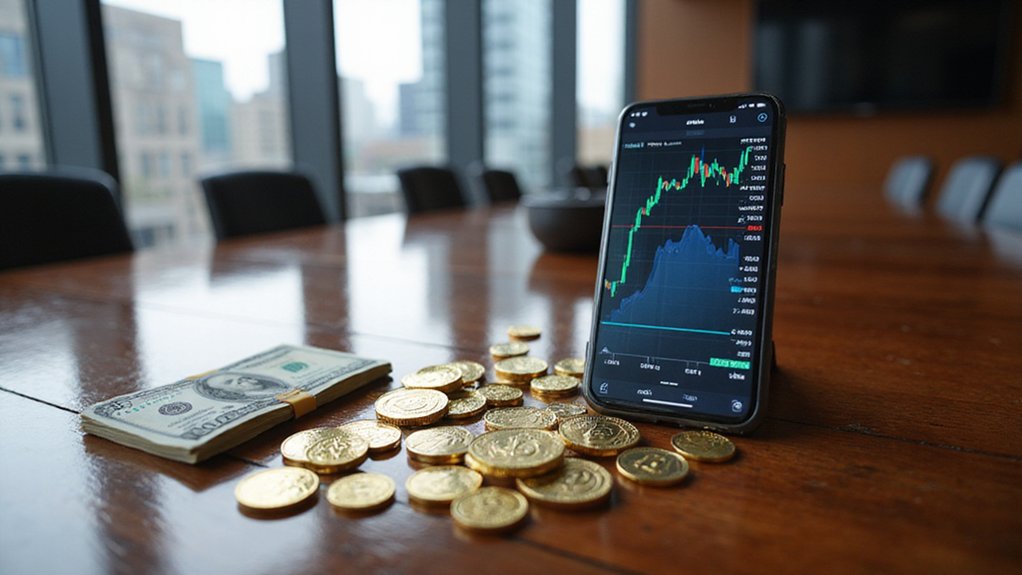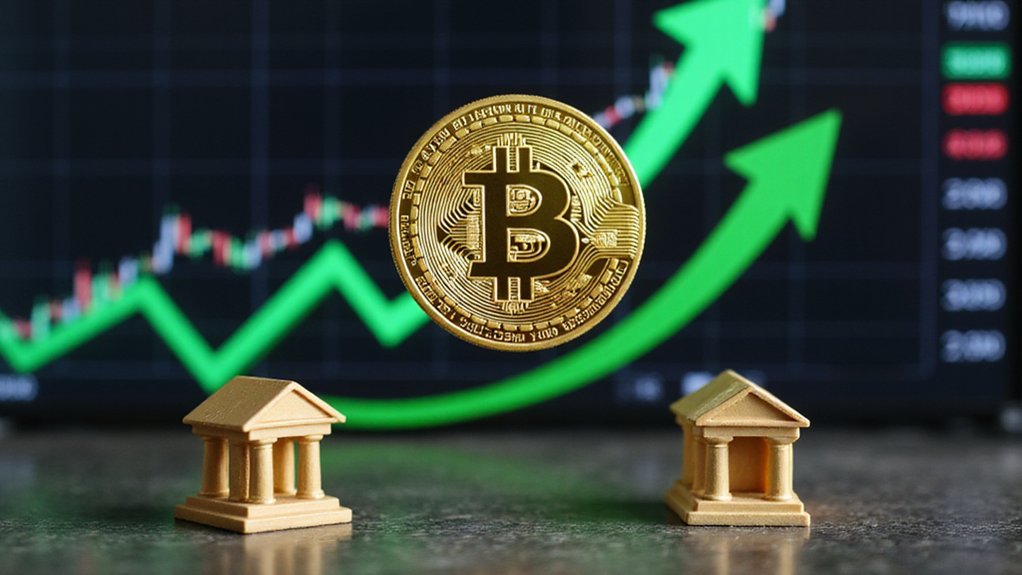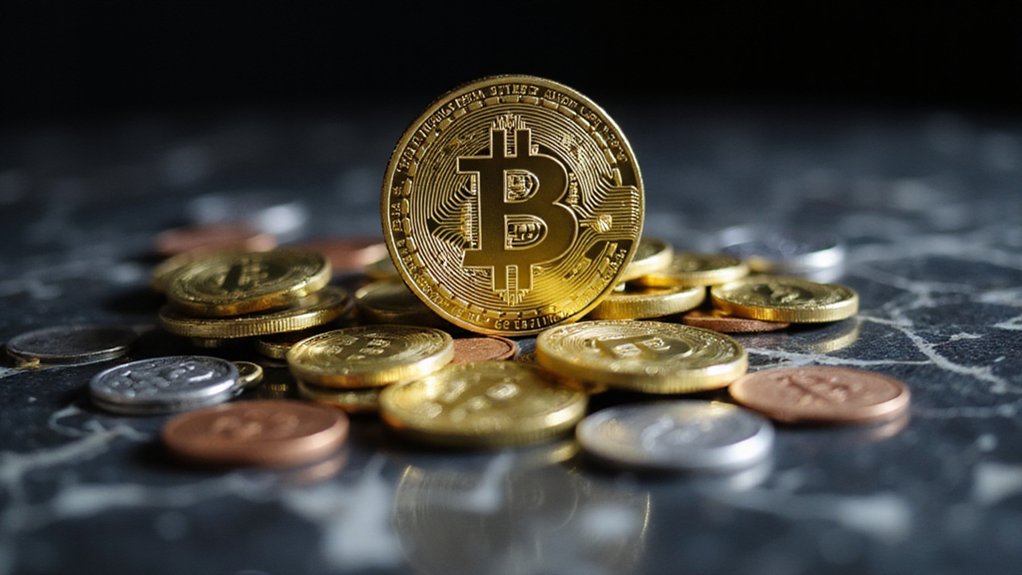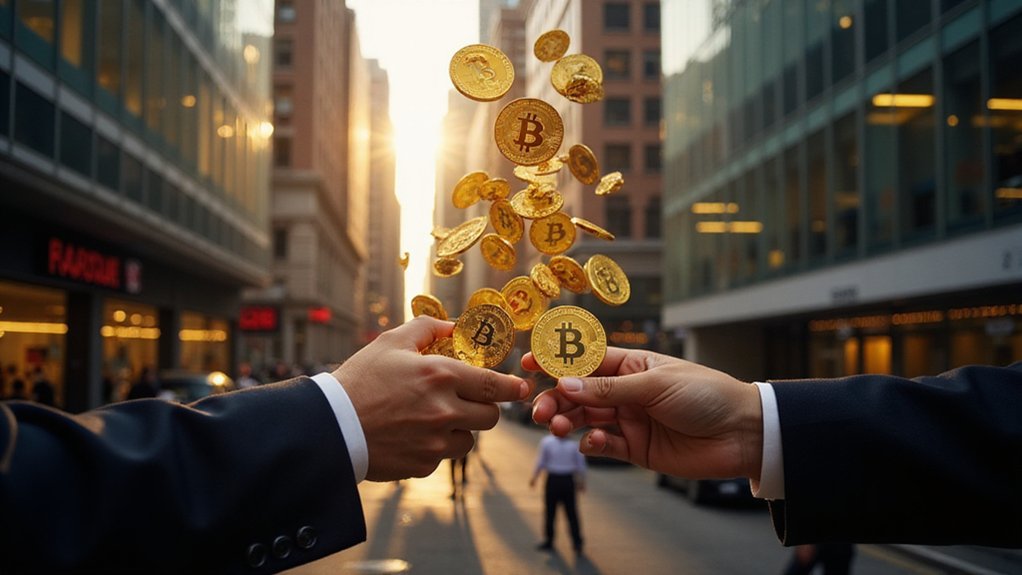In 2025, fewer than two in every thousand cryptocurrency holders possess an entire Bitcoin—a statistic that reveals as much about human psychology as it does about market dynamics. This extraordinary scarcity stems from Bitcoin’s fundamental architecture: a hard cap of 21 million coins, each divisible into 100 million satoshis, creating an economic paradox where fractional ownership becomes the norm while whole-unit possession transforms into a peculiar status symbol.
The mathematics are unforgiving. With only 0.18% of cryptocurrency owners holding at least one full Bitcoin, the digital asset has achieved something remarkable: genuine scarcity in an otherwise infinitely reproducible digital domain. Corporate treasuries and investment firms have claimed substantial portions of this finite supply, leaving retail investors to compete for increasingly expensive fragments through dollar-cost averaging strategies that span years rather than months.
The mathematics are unforgiving—only 0.18% of cryptocurrency owners possess a full Bitcoin, creating genuine scarcity in an infinitely reproducible digital realm.
Mining’s periodic halving events compound this scarcity by systematically reducing new supply entering circulation, while proof-of-work validation continues consuming astronomical amounts of electricity to secure the network. The irony is palpable—a currency designed for peer-to-peer transactions has become too valuable for most peers to own in its basic unit denomination.
Traditional finance has responded predictably. The 2024 introduction of spot Bitcoin ETFs allows investors to gain exposure through familiar brokerage platforms, though this indirect ownership raises philosophical questions about what constitutes “true” Bitcoin possession. After all, controlling private keys—the cryptographic foundation of ownership—differs substantially from holding shares in a fund that holds Bitcoin. Bitcoin operates through peer-to-peer exchanges without requiring central intermediaries, making direct ownership fundamentally different from traditional investment structures.
Market volatility further complicates accumulation efforts. Bitcoin’s value fluctuates based on sentiment, regulatory developments, and macroeconomic factors rather than any intrinsic utility or legal tender status. High-income earners might redirect substantial portions of disposable income toward Bitcoin acquisition, while others explore yield-generating programs that carry risks uncommon in traditional investment vehicles. Since Bitcoin’s first transaction involved Hal Finney receiving 10 bitcoins in January 2009, the relative ease of acquiring whole units has diminished exponentially.
The pursuit of one full Bitcoin has evolved into something approaching modern treasure hunting—technically achievable through various strategies including crypto salary payments or aggressive DCA programs, yet statistically improbable for the average participant. With Bitcoin maintaining its market dominance through a record-breaking $1.7 trillion market cap in 2025, the asset continues to attract significant investor confidence despite accessibility challenges.
Perhaps the real treasure lies in recognizing that Bitcoin’s divisibility was always its most democratic feature, even as whole-unit ownership becomes increasingly elusive.








